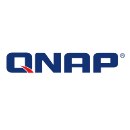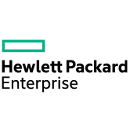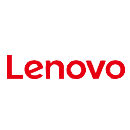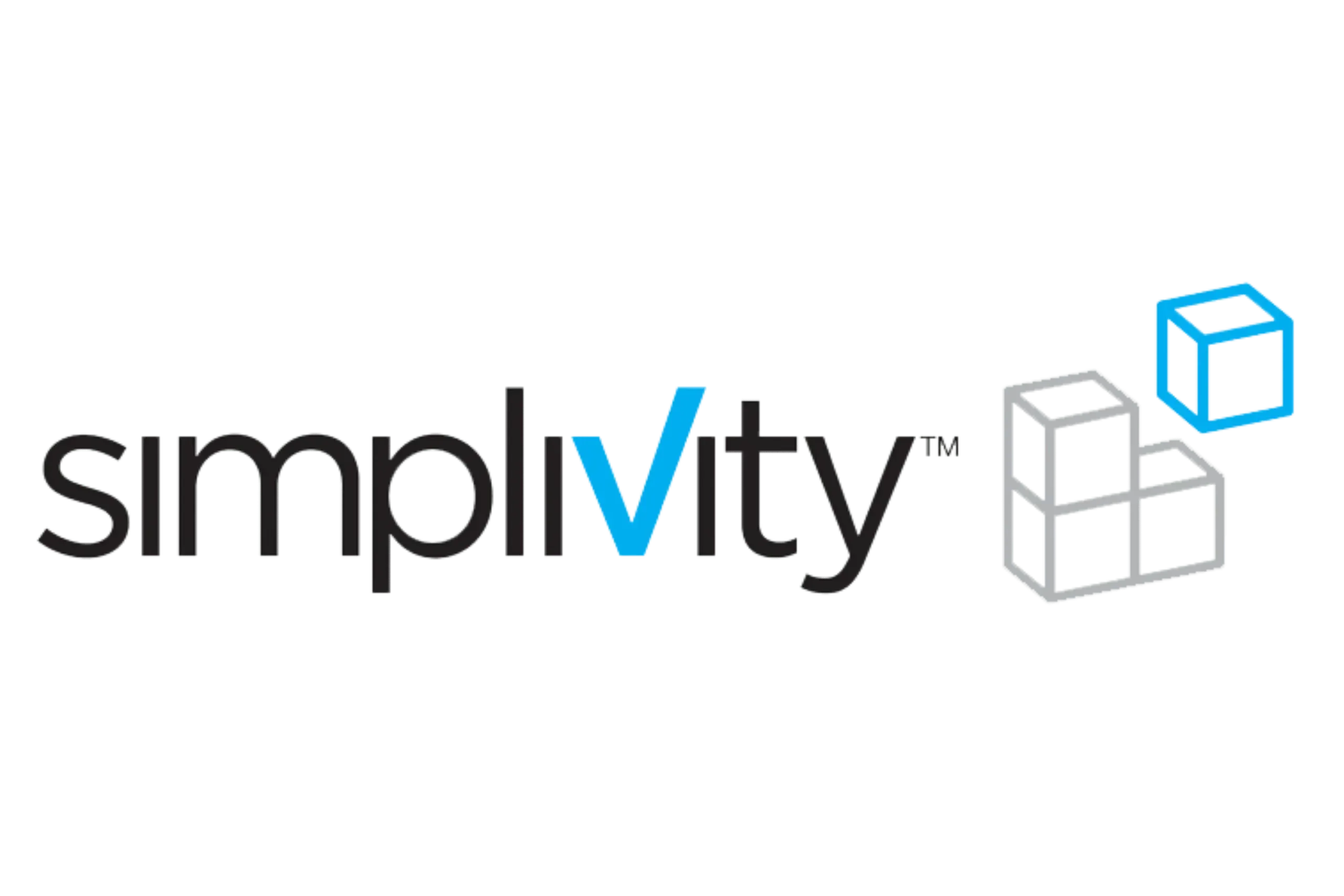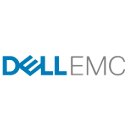Do more with Your Selection of Storage Platform
All-Flash Arrays
A highly performant all-flash primary storage system built to meet latency-intensive and capacity-sensitive application requirements for critical workloads. Designed for speed, scale and security, FlashSystem optimizes IT with storage virtualization, allows you to consolidate more workloads, integrates directly with VMware tools and simplifies hybrid cloud adoption while optimizing costs and improving workforce productivity without compromising operational resilience.
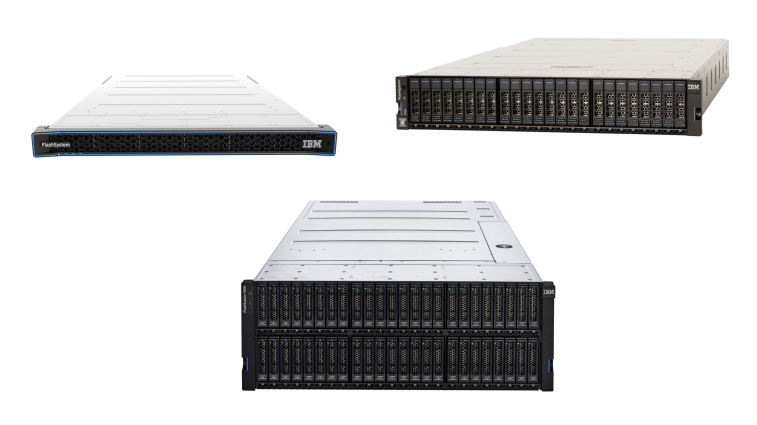
Scale-Out Storage
A high-performance scale-out file and object storage solution built to help organizations create a scalable data platform for managing and accessing vast amounts of semistructured and unstructured data seamlessly across global environments. Designed for high-performance computing, GPU-accelerated AI and analytics, application modernization and managed and governed data repositories, the Storage Scale System is ideal for capacity-intensive and performance-sensitive workloads.

Software-Defined Ceph Storage
A product-ready and software-defined storage solution that unifies block, file and object storage to help organizations eliminate data silos and deliver a cloud-like experience while reducing costs and provisioning times. It is ideal for modernizing data lakes, supporting cloud-native applications with S3 API compatibility, delivering block storage for virtualized environments and consolidating multiprotocol workloads with massive scalability.

High-End Block Storage
An all-flash modern mainframe storage system that offers unmatched security, availability and performance to help ensure that critical and operational workloads operate without interruption.
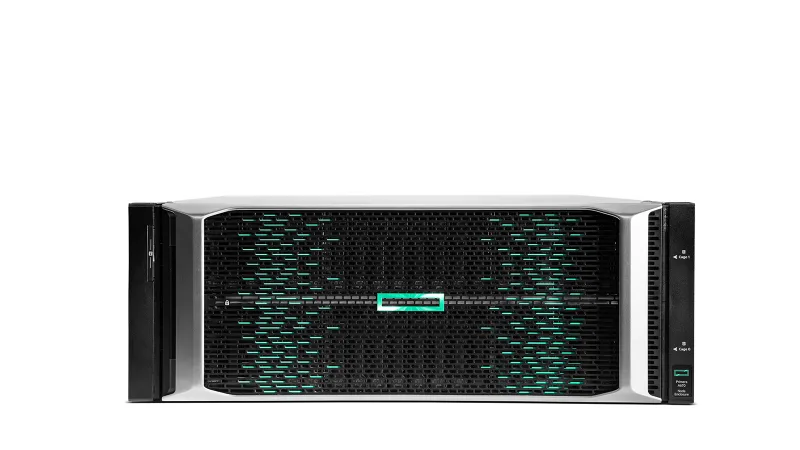
Network-Attached Storage (NAS)
Network Attached Storage (NAS) is a dedicated file-level storage system that connects directly to a network, allowing multiple users and heterogeneous clients to access shared data over standard file protocols. Unlike tape backups—which rely on sequential, cartridge-based media requiring manual mounting, sliding restore windows, and offline storage—NAS provides random access to data, supports automated, frequent backups, and enables near-instant recovery. For businesses, NAS centralizes data management, enhances security through snapshots and access controls, scales non-disruptively with growing data volumes, and significantly improves recovery point and time objectives (RPO/RTO), delivering a modern alternative to legacy tape archives.





